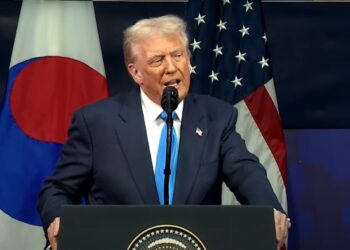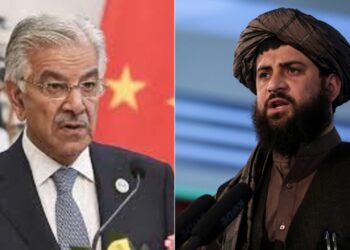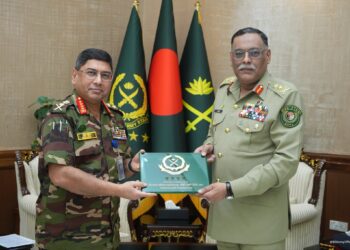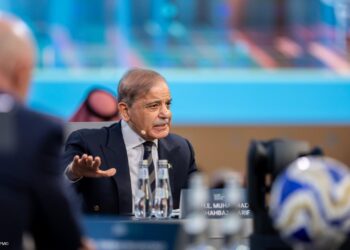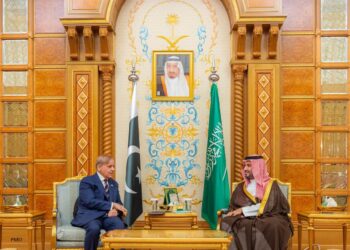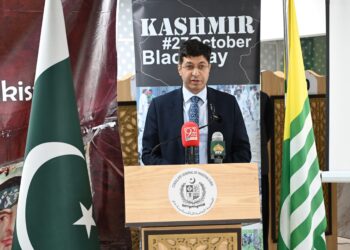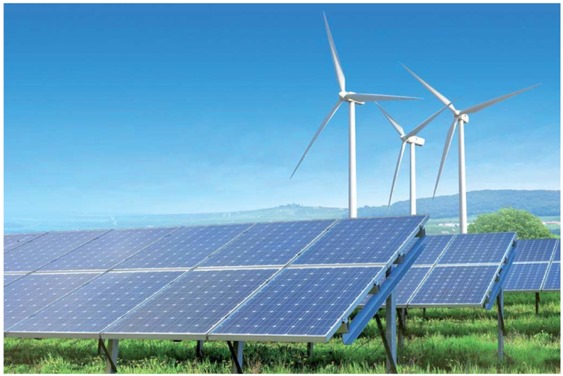Trump’s leadership and Rubio’s diplomacy
has drawn praise for preventing a disaster
and opening the door to peace efforts
Web Desk
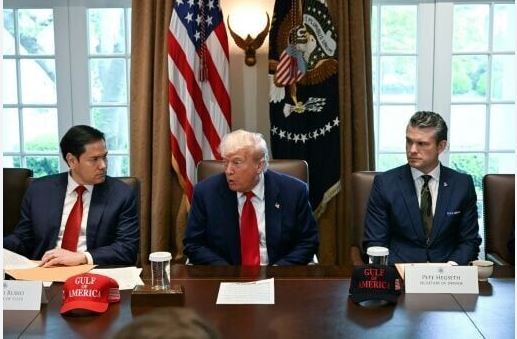
Washington/Geneva: In a dramatic diplomatic breakthrough, former U.S. President Donald J. Trump and Secretary of State Marco Rubio reportedly helped defuse a potentially catastrophic conflict between India and Pakistan, narrowly averting a nuclear confrontation in South Asia.
According to a CNN live report, a senior diplomatic source close to the emergency negotiations revealed: “I was literally in the room where it happened… Secretary Rubio played a massive role in this ceasefire. It was now or never, and had the pause not been secured, this would have spiraled into something much worse.”
Pakistan Targets Indian Military Sites Amid Escalation
Reports indicate that Pakistan had conducted precise strikes on Indian military installations, forward air bases, and weapons depots across Jammu, Punjab, and along the Line of Control. The Pakistan Air Force (PAF) reportedly demonstrated full airspace dominance, leveraging its JF-17 Thunder jets armed with long-range air-to-air missiles to counter and reportedly overwhelm India’s Rafale fighter jets.
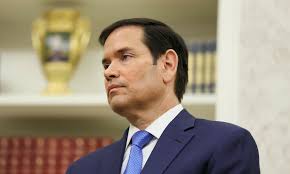
U.S. Diplomatic Pressure Secures Ceasefire
Despite intermittent Indian rocket fire violating the initial pause in hostilities, the U.S. administration exerted intense diplomatic pressure on both nations, leading to a formal ceasefire agreement early this morning. Dr. Gholam Mujtaba, a U.S.-based expert on international relations, stated that Pakistan’s cyber warfare capabilities had also disrupted Indian command systems, leading to internal disarray in Indian military coordination.
Modi’s Strategy Under Global Scrutiny
Indian Prime Minister Narendra Modi’s aggressive stance—highlighted by revoking Article 370, suspending Indus Waters Treaty provisions, and accusing Pakistan of sponsoring attacks in Pahalgam—was met with skepticism from global actors. Critics cite Modi’s controversial past, including his earlier persona non grata status in the U.S. over the 2002 Gujarat riots, as undermining India’s diplomatic credibility.
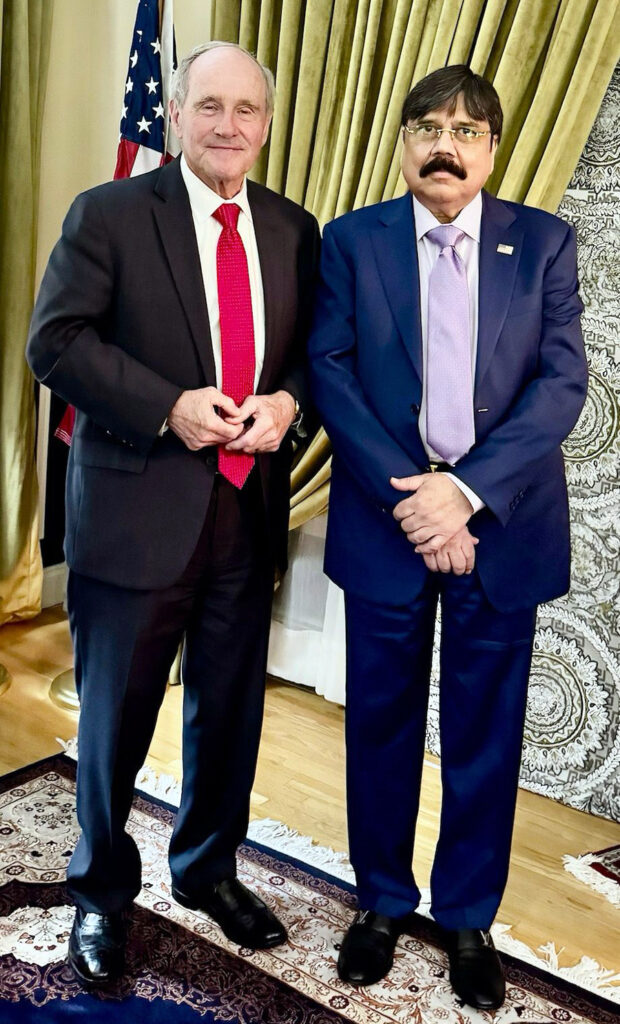
Calls for Regional Peace and Multilateral Dialogue
Despite recent tensions, many observers stress the deep cultural, religious, and historical bonds between the people of India and Pakistan. Civil society groups, especially within the South Asian diaspora in the U.S., are urging both governments to prioritize peace and dialogue over confrontation.
In a major development, India and Pakistan are expected to participate in a multilateral peace dialogue on May 12 in Geneva, where both sides will present their respective positions. Diplomats suggest this platform could lead to a regional peace charter promoting stability, cooperation, and inclusive development.
A Turning Point for South Asia?
Observers say this moment could redefine South Asia’s future. The role of the U.S., particularly under President Trump’s leadership and Secretary Rubio’s diplomacy, has drawn praise for preventing a disaster and opening the door to renewed peace efforts.

